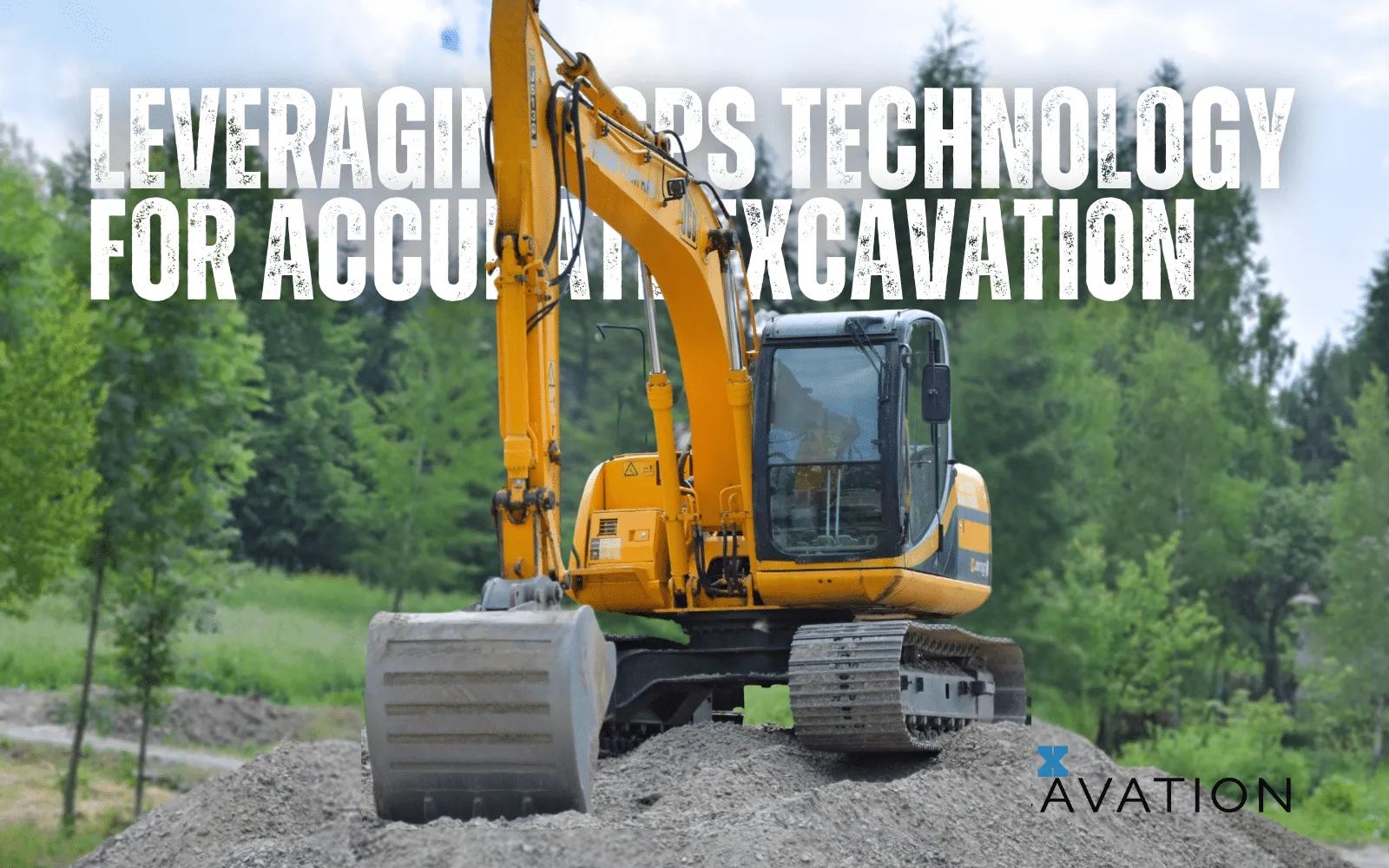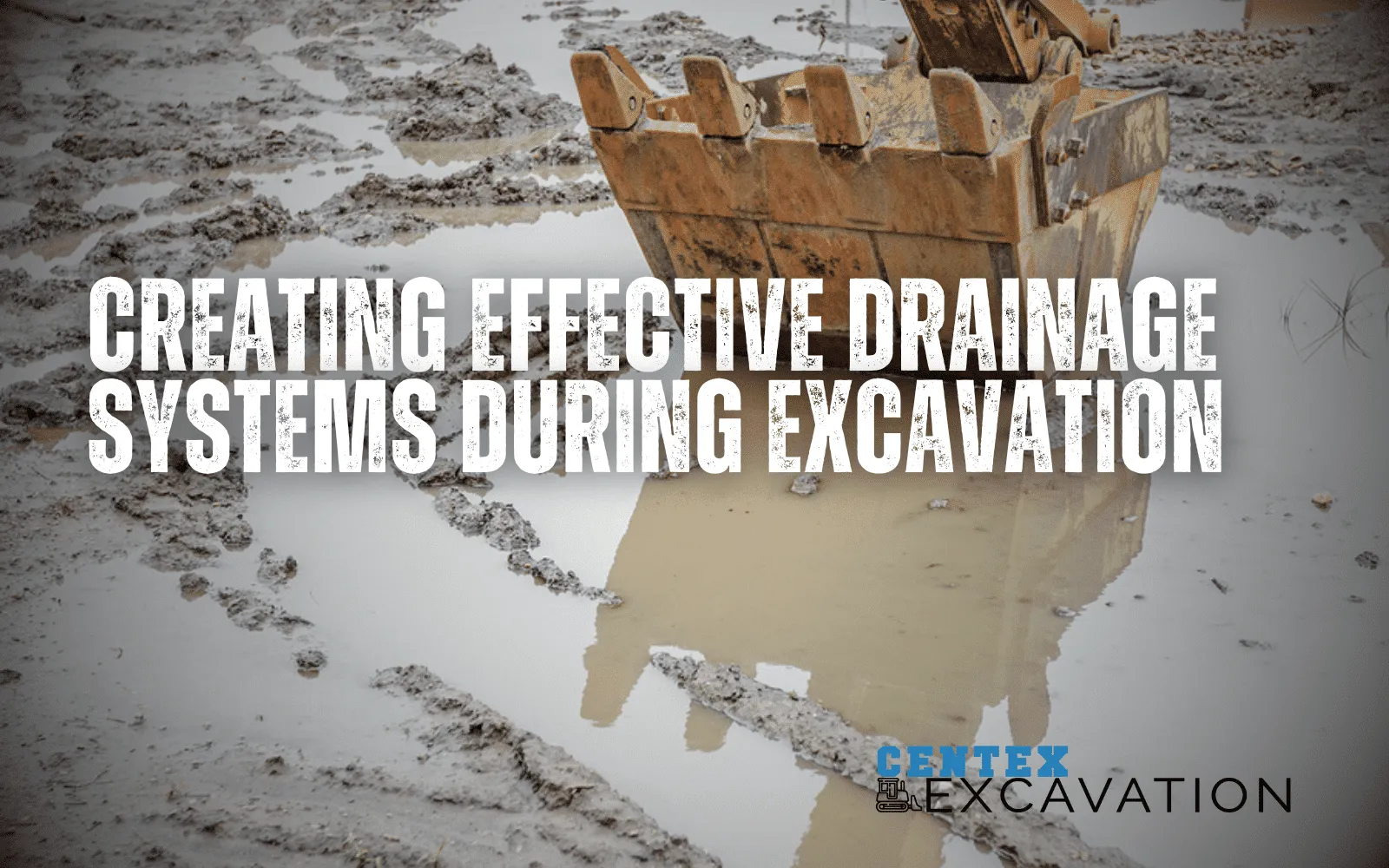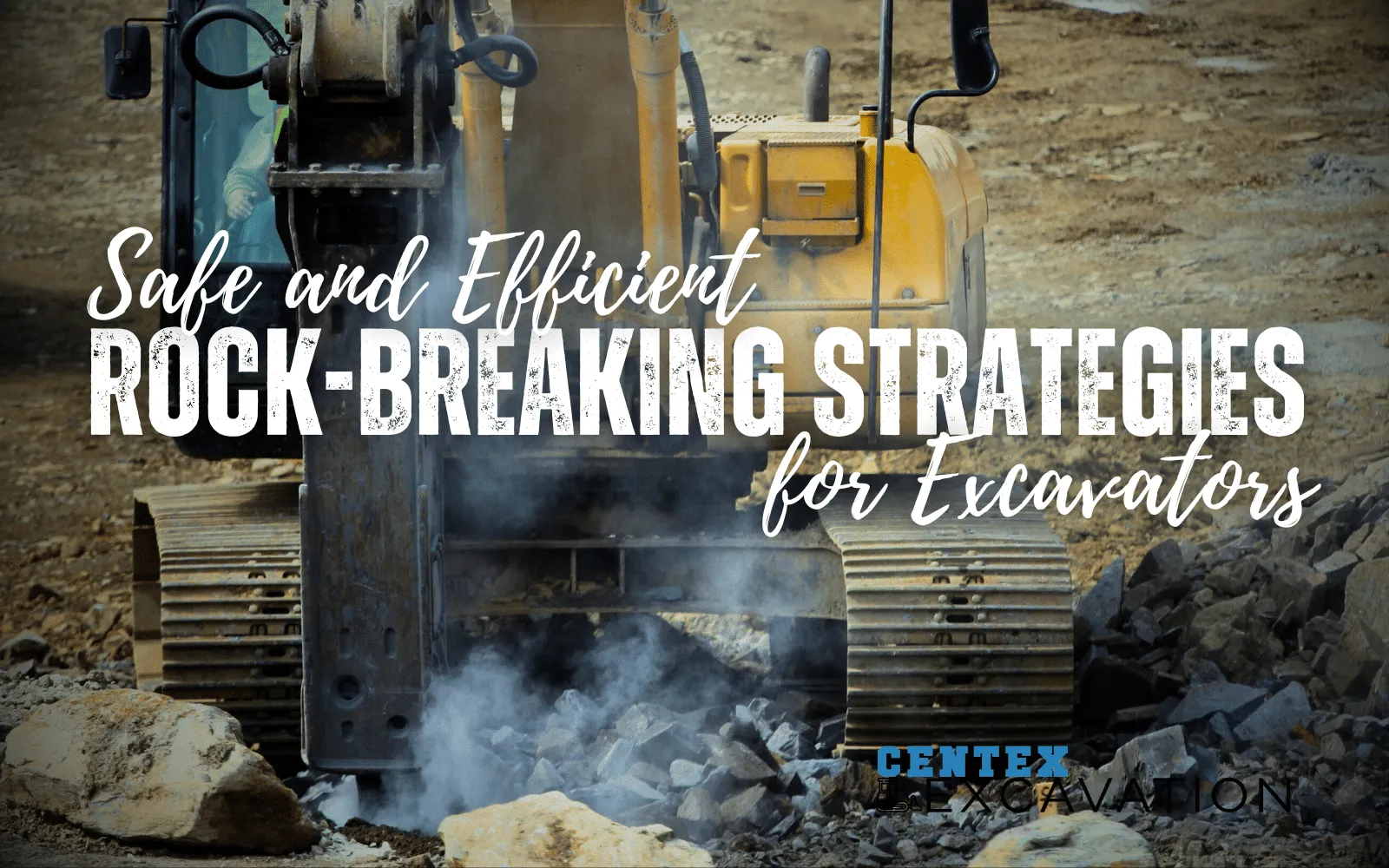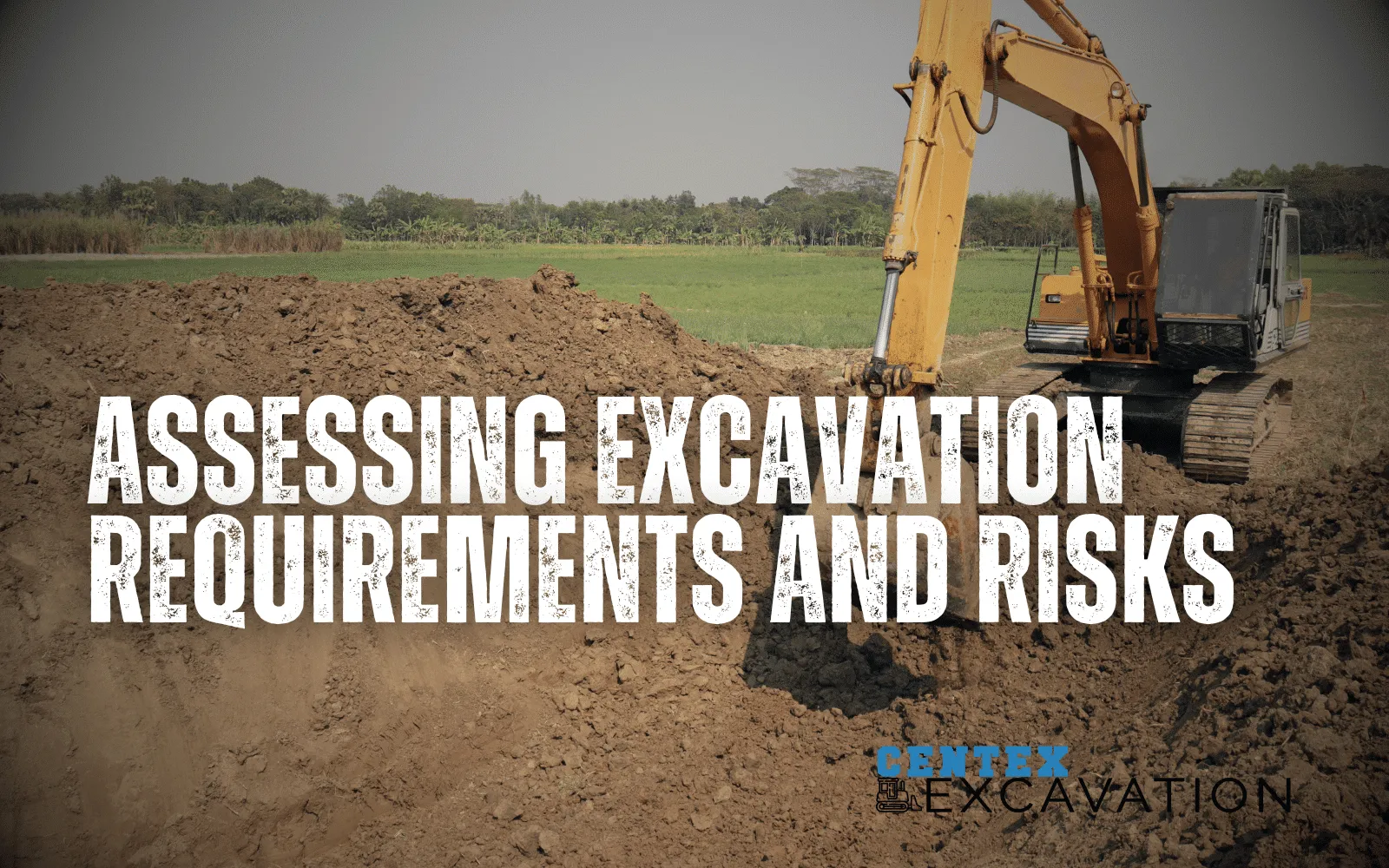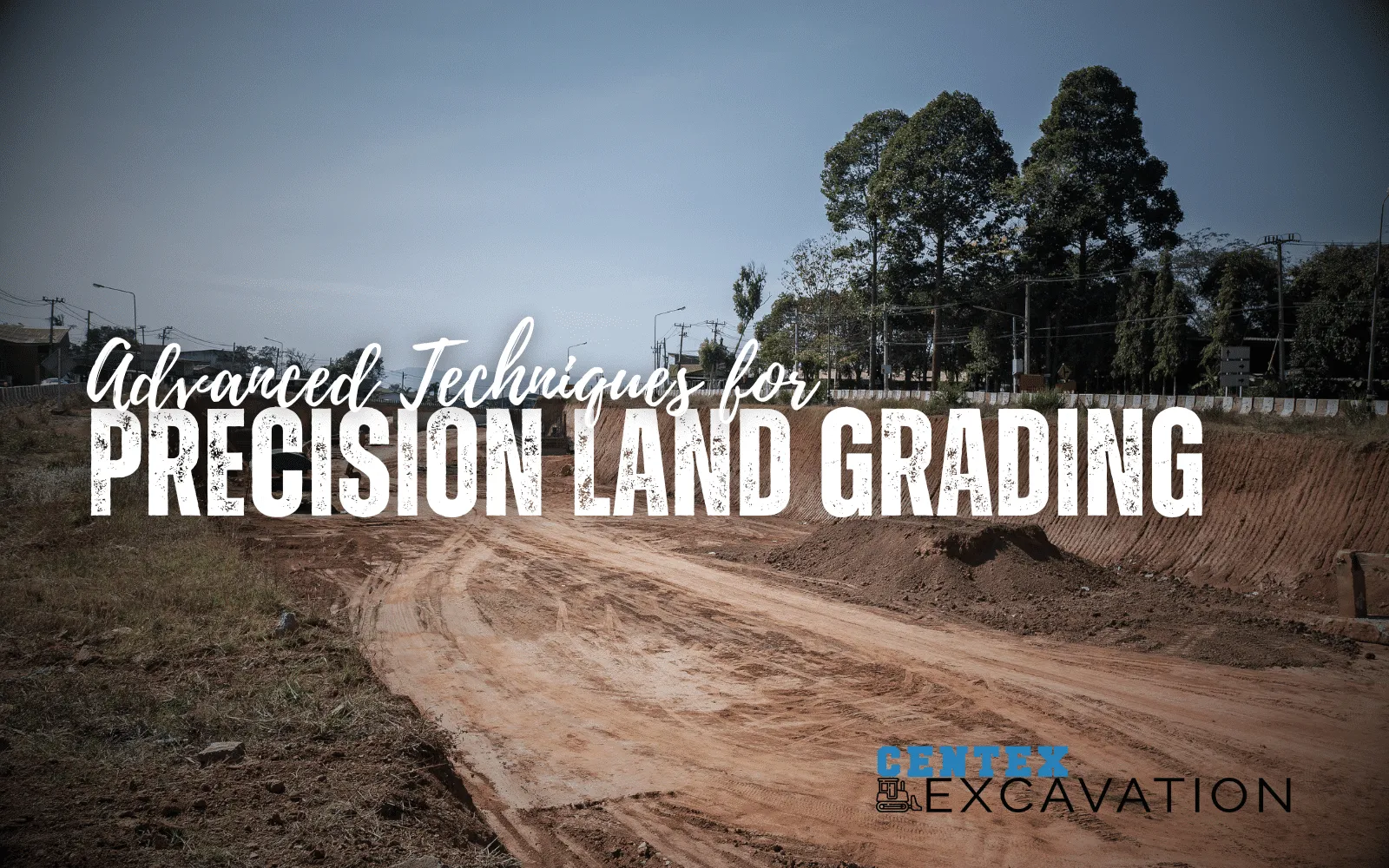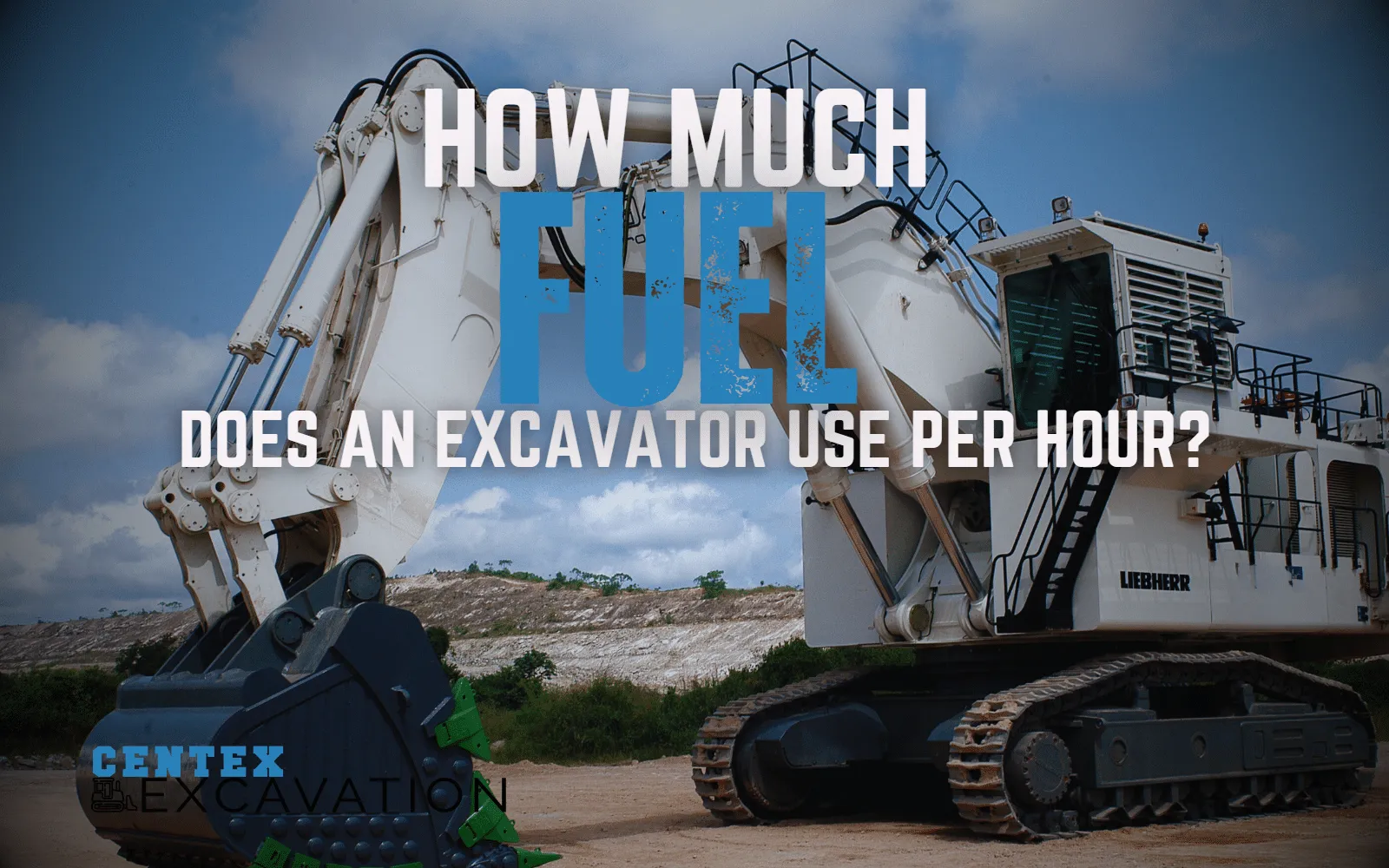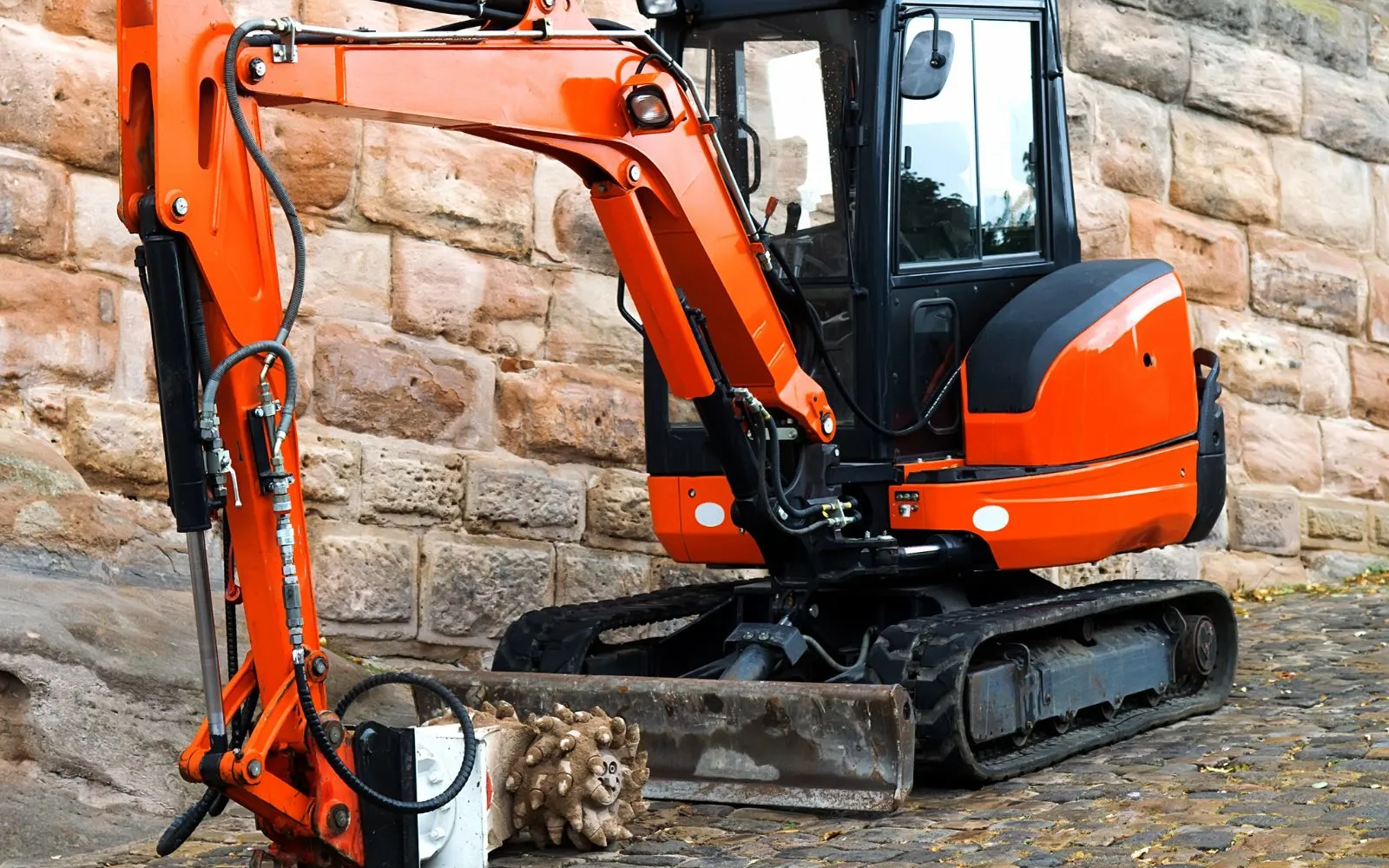Excavation Efficiency: Tips for Balancing Excavation Timelines and Quality

- Advanced Planning and Resource Allocation: Effective excavation management starts with detailed planning and efficient allocation of resources, including machinery and skilled personnel, to optimize timelines without compromising quality.
- Technology and Training for Quality Assurance: Integrating technology like GPS and laser-guided systems, along with regular crew training, enhances excavation accuracy and quality, reducing the risk of errors and delays.
- Balancing Time and Quality: Successful excavation management involves a strategic balance between maintaining project timelines and ensuring high-quality work, with effective communication, flexibility, and risk management being key factors.
As a construction business owner or manager, you know there's a critical balance between excavation timelines and ensuring quality. That's why we're focusing on increasing your excavation efficiency.
This topic is not just about the mechanics of construction but about the intricate dance of time management, quality assurance, and operational efficiency.
Understanding the challenge.
At the heart of construction management lies the challenge of excavation - a foundational step in most construction projects.
Excavation is more than just digging up soil; it's about setting the stage for everything that follows.
This makes managing excavation timelines while maintaining quality not just a goal but a necessity.
Optimizing excavation timelines.
We'll start with planning your timeline. This is what everything else will build off of.
- Advanced planning. Every successful excavation begins with detailed planning. Utilize advanced software for site analysis and project planning. This helps in foreseeing potential challenges and planning mitigation strategies ahead of time.
- Efficient resource allocation. Assign resources based on the complexity and urgency of tasks. This includes heavy machinery and skilled personnel who can operate them effectively.
- Adopting the proper techniques. Different sites require different excavation techniques. Whether it's trenching, grading, or landscaping, selecting the right approach is crucial for time efficiency.
You can easily see how all of that can tie into quality.
Ensuring quality in excavation.
You're increasing risk if you're not doing quality work on the site. This could include not getting more contracts or, even worse, failures down the line in the project.
- Regular quality audits. Implement a system of regular audits. This ensures that the work meets the set standards and helps in identifying issues early on. We recommend a third-party inspection so as to remove any biases.
- Training and skill development. Regular training sessions for the crew can significantly improve the quality of excavation. A skilled workforce is less likely to make mistakes that can cost time and resources later. If you can afford it, we highly recommend bringing a PMP to your crew or having one of your personnel certified as a PMP.
- Technology integration. Leverage technology for precision. GPS and laser-guided systems can enhance accuracy in excavation, leading to better quality work. There are more costs upfront, but you'll save tons of money over the life of the technology.
Balancing the equation.
The real art in construction management is balancing these two aspects - time and quality.
Here are some tips to maintain this balance—
- Effective communication: Ensure there's a clear line of communication among all stakeholders. This helps in quick decision-making and problem-solving.
- Flexibility and adaptability. Be prepared to adapt your plans according to the on-ground realities. Flexibility can save a lot of time without compromising on quality.
- Risk management. Identify potential risks early and have contingency plans in place. This proactive approach can save both time and resources.
As we mentioned earlier about having a PMP on your staff, they will be familiar with all of these and can manage the project more efficiently.
Case studies and real-world examples.
To bring these points to life, let's discuss a couple of real-world scenarios.
Urban excavation project.
In a dense urban environment, where space constraints and the proximity of neighboring structures pose significant challenges, a construction team undertook an ambitious excavation project.
The primary objectives were to maintain precision and minimize disruption to the surrounding area.
Challenges.
The main challenges included navigating underground utilities, ensuring the safety of nearby buildings, and completing the project within a tight deadline to reduce urban congestion.
We assessed this project as high-risk so we took our time and focused a bit more on quality throughout the process.
Solutions and outcomes.
- Laser-guided excavation. The team employed laser-guided technology to excavate with high precision. This approach reduced the margin of error and minimized the risk of damaging underground utilities or adjacent structures.
- Enhanced communication and coordination. Effective communication protocols were established to coordinate with local authorities, utility companies, and other stakeholders. This ensured timely information flow and quick decision-making.
- Efficient workflow. The project was meticulously planned to maximize work during off-peak hours, reducing the impact on local traffic and residents.
The project was completed ahead of schedule, with no incidents or damage to surrounding infrastructure, demonstrating the effectiveness of integrating advanced technology with strategic planning in urban construction settings.
Large-scale landscaping project.
This case study involves a large-scale landscaping project covering several acres. The project required diverse excavation techniques due to varying soil compositions and landscaping features across different areas.
Challenges.
The project's vast scale meant managing multiple teams and machinery simultaneously. Additionally, preserving the ecological balance and minimizing environmental impact was crucial.
Solutions and outcomes.
- Advanced resource allocation. The project managers implemented a dynamic resource allocation strategy. This included deploying different types of machinery and specialized teams in various sections of the project, depending on the specific excavation needs.
- Environmental sustainability. Measures were taken to ensure minimal ecological disruption. This included using eco-friendly machinery and techniques where possible and restoring any disturbed natural habitats post-excavation.
- Use of Geographic Information Systems (GIS). GIS technology was employed for detailed mapping and planning, allowing for efficient utilization of space and resources and ensuring that each area's specific landscaping needs were met.
The project was a success, achieving its goals within the projected timeline and budget while also maintaining the integrity and beauty of the landscape.
It showcased the importance of adaptability and the strategic use of technology in managing large-scale construction projects.
Fast-track your project, and don't sacrifice quality.
Managing excavation timelines while maintaining quality is a dynamic and challenging aspect of construction management. However, it's the key to excavation efficiency.
It requires a deep understanding of the project requirements, effective utilization of resources, and a proactive approach to problem-solving.
Remember, in construction, time saved is money saved, but this should never come at the cost of quality. Striking this balance is what separates good construction management from great.
Still, have some questions?
We want you to be as successful as you can on every project, so we've got a few FAQs that we've received over the years.
How important is technology in modern construction management?
Technology plays a pivotal role in modern construction management. It enhances efficiency, accuracy, and safety, making it easier to balance timelines and quality. Use it to your advantage.
Can excavation be fast-tracked without affecting quality?
Yes, by using advanced planning, efficient resource allocation, and adopting the right techniques, excavation can be fast-tracked while maintaining quality. Every stakeholder wants the project done as soon as possible, but it will be up to you to balance that with quality.
What is the role of a project manager in balancing excavation timelines and quality?
A project manager orchestrates the entire process, ensuring that planning, execution, and quality control are in sync to meet project timelines without compromising quality. This is why we highly recommend getting a Project Management Professional (PMP) certified manager on your team. They'll be an expert at all of this.
How can risks be managed effectively during excavation?
Effective risk management involves identifying potential risks early, planning for them, and having contingency plans in place. It takes some time upfront, and we know that time is money, but it's worth it in the end. It's all about preparation. Take the time to prepare before your trackhoe starts digging up the earth.
Are regular training sessions for the crew necessary?
Absolutely. Regular training enhances skill levels, leading to more efficient and high-quality excavation work. We even recommend expanding on your crews' skillsets, which'll pay dividends. For example, having your operator take a safety course will mean they'll be safer on-site and reduce your risks in the long run.

